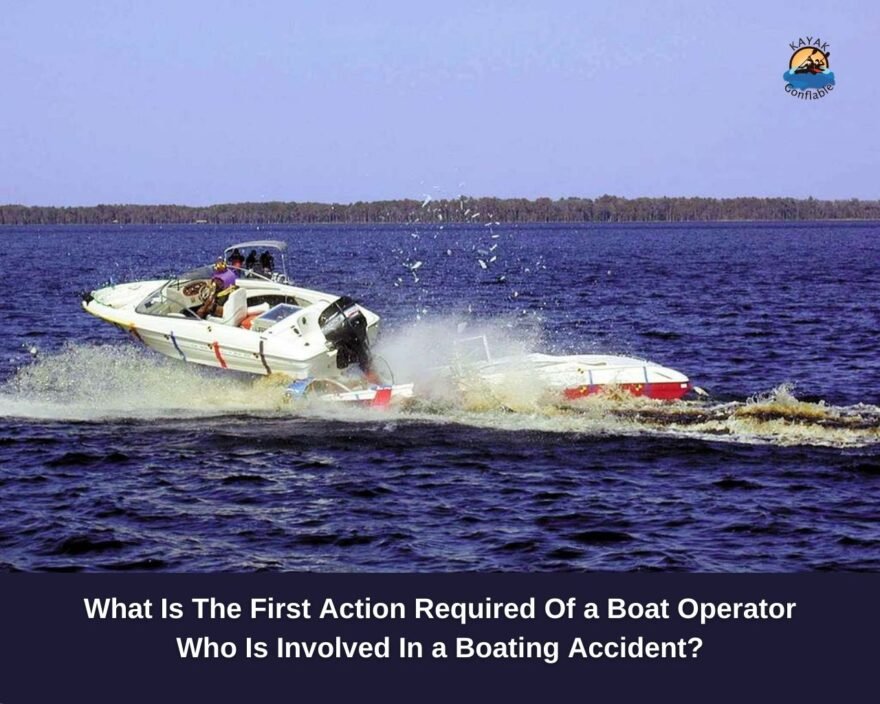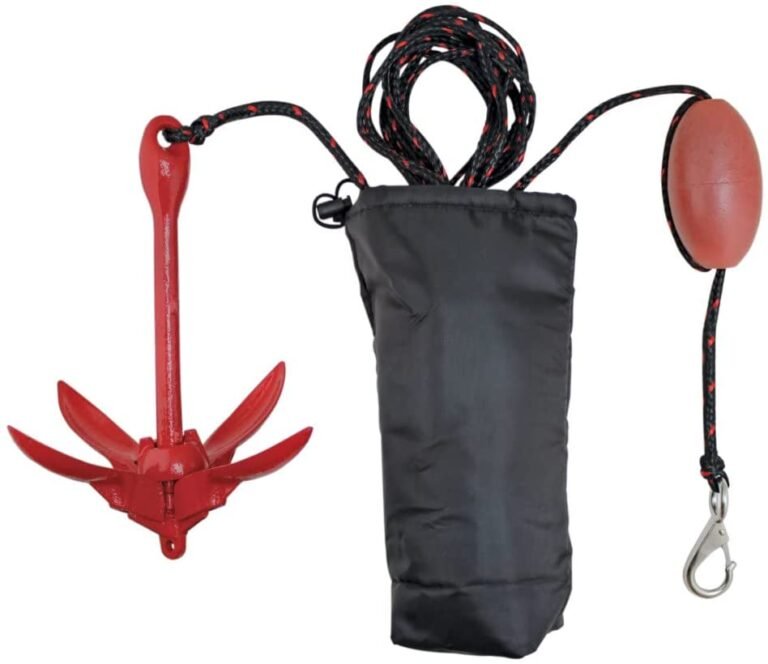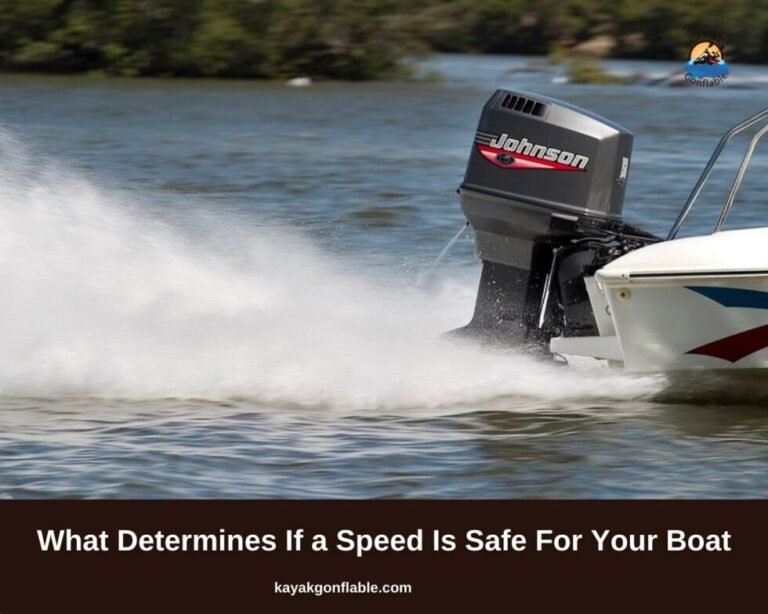What Is The First Action Required Of a Boat Operator Who Is Involved In a Boating Accident?

Boating disasters can happen to anyone, regardless of experience or skill. How the ship captain conducts himself and the situation in the aftermath of an accident could save lives and keep him out of legal trouble.
The first step after an accident should be to stop the vessel if at all feasible. After an accident, the less momentum the vessel has, the less probable it is to hit something while out of control.
If halting the watercraft is not a possibility, the driver should do everything he can to save himself and the rest of the crew. Ascertain that everyone is in good health.
This could include calling assistance, analyzing the extent of damage, and confirming that everyone is wearing a life jacket.
The captain should next assess the situation and take any required steps to avoid further injury or damage. The driver should also report the mishap to authorities.
Furthermore, the operator should obtain information on the mishap, such as what happened, who was involved, and whether any property was harmed. Finally, the captain should take appropriate measures to prevent future mishaps.
Secure Your Vessel
Securing his craft should be the immediate move of any boater involved in an accident. Fenders should be placed between the craft and other objects, and the vessel should be tied down if it is in risk of moving.
Tethering it to a dock or another boat, as well as anchoring the vessel to the ground, are both options. Securing the vessel can assist in preventing it from becoming a hazard on the water while also allowing responders to locate it if needed.
Assessing the Situation
The vessel captain must analyze the situation after an accident. That includes determining the extent of damage, whether any people are injured, and whether other watercraft or personnel are in danger.
The ship operator may have to decide whether or not to abandon the ship, where to take refuge, and how best to help those affected.
If there is an emergency, the captain must take appropriate action to protect others, including summoning help and providing information to those involved.
Ascertain Everyone’s Safety
When tragedy strikes, it is the captain’s job to safeguard the safety of everyone aboard their vessel. This includes making sure that all persons are safe and that anyone who might be wounded is taken care of.
The captain should also make sure that everyone aboard his craft is wearing life jackets and in good health. Following the mishap, it’s critical to keep track of any injuries and make sure they’re treated properly.
Additionally, it is paramount to document the sequence of events that led to the accident to help prevent future occurrences.
It is imperative to always have a safety plan in place and to follow it in the event of an accident. In so doing, everyone aboard the boat will be sure that they are safe.
Remove Any Fuel and Debris from the Vessel
Vessel operators need to remove any fuel that may have spilled in the aftermath of a mishap, to prevent a fire as igniting said fuel could lead to deadly explosions.
This includes removing any gas or diesel from engines, tanks, and storage areas even if it is not safe to do so. This can be done by pouring the fuel into a designated container, using a pump or siphon, or by using a hose.
Captains must also clean any oil or water that has pooled on the craft, and use a degreaser to clean any debris that may have become dislodged in the accident. This will aid in the prevention of future disasters as well as environmental protection.
If the ship operator fears a fire has started as a consequence of the accident, all combustible goods should be removed from the craft to prevent any explosions. That includes the removal of gas and oil tanks, as well as fuel lines.
Stabilizing the Craft
A watercraft operator is responsible for stabilizing his vessel as quickly as possible if it is still out in open water following an accident.
This can be done by using the boat’s engines or oars, depending on the circumstance. It can also be done by deploying any lifeboats and/or using any available devices to keep the boat stable.
Once the boat has been stabilized, the captain should use whatever means is necessary to return to shore safely and expeditiously.
If this is not practicable, the captain should utilize whatever means are available to keep the vessel from drifting away. Request assistance through VHF radio and remain calm so that others can respond swiftly.
Call the Authorities
Watercraft operators ought to be aware of their rights and obligations when notifying law enforcement of an accident.
Watercraft operators have specific legal obligations to notify the Coast Guard of all accidents, and they’re also responsible for making reasonable decisions to help those involved in the said accident.
Should a ship captain refuse to notify the authorities of an accident, they may be held liable for any damages that arise.
Boat operators are expected to contact authorities to ensure the safety of all parties involved and to take appropriate action in the event of an emergency. Calling the cops is a difficult decision, but it must be done in order to safeguard everyone involved.
The obligation to contact law enforcement does not apply only to individuals who are on board at the time of the accident; anybody who knows about or has knowledge about the accident is expected to do so.
When an emergency occurs, boaters must know what to do and how to contact authorities. All people aboard the vessel should be proficient in operating all of the critical safety devices.
Call a Tow Truck
When a vessel is involved in a mishap, the operator is expected to summon a tow truck. This is to prevent the craft from becoming a hazard to other watercraft, people on the beach, or water traffic.
The operator can mitigate any potential risks by summoning a tow truck and guaranteeing that everyone involved in the situation is safe. Vessel captains, among others, are in charge of making sure that the vessel and its occupants travel safely, yet mishaps happen at times.
The captain must then take action to ensure that there is very little damage and no fatalities. First and foremost, the captain should evaluate the degree of damage and make decisions that protect the safety of everyone aboard.
As a result, the boat operator must be composed and capable of making sensible and profitable decisions under duress. After that, the operator should contact the authorities. Gathering proof and keeping track of information are also critical measures.
The captain should include his or her name and contact information, as well as the names and contact information of any other people affected. The captain should also remain at the location until authorities arrive.
Frequently Asked Questions
When a boat operator sees a boating disaster in California, what should he or she do first?
If you are a vessel captain in California and see a watercraft accident, the first thing you must do is stop and offer assistance after dialing 911.
The law requires you to assist anyone who has been wounded or is at risk as a result of the accident. You must also collect information about the accident scene and any persons involved if you are able to.
When emergency personnel arrive on the site, you must provide them with as much information as possible regarding the accident. This includes identifying the victims, determining the sort of boat involved, and gathering any other relevant information.
You should also keep a detailed record of what transpired while you were on the scene so that you may subsequently offer it to law enforcement.
What is the first action that the boat operator should take if an accident occurs?
Should an accident occur, the craft operator should take the following actions:
- Stop the vessel and assess everyone for injuries
- Provide first aid if necessary
- Request assistance.
- Take precautions to avoid future injuries.
- File a police report.
What are the responsibilities of the boat operator?
The obligations of watercraft operators differ based on the type of vessel and the type of license needed. Each state has its own set of laws and regulations controlling what an operator must have in order to operate.
Carrying passengers and goods safely, avoiding risks on the water, adhering to navigation rules and regulations, and reporting any mishaps to authorities are all examples of typical responsibilities.
What is the primary responsibility of a vessel operator assisting a boat in distress?
When assisting a boat in difficulty, the vessel captain is responsible for the safety of everyone on board. They must locate the stranded boat, analyze the situation, and take proper action to safeguard the passengers. Vessel operators should also notify authorities of any occurrences they are involved in.






